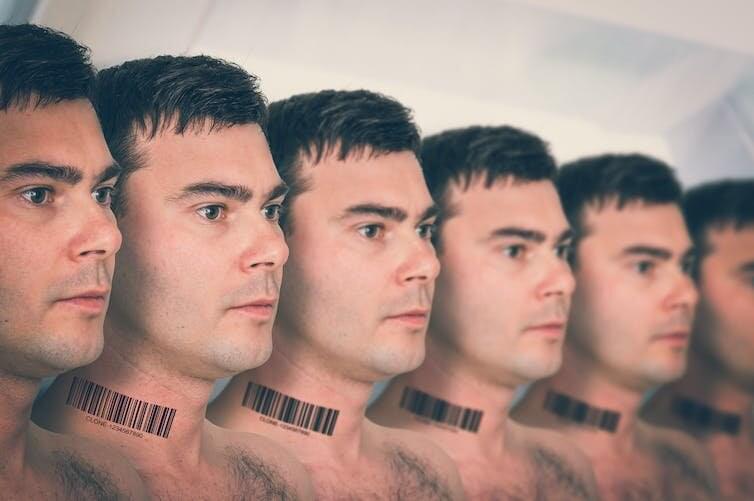Imagine, if you will, a digital doppelgänger. A clone that looks, talks and behaves just like you, created from the depths of artificial intelligence, reflecting your every mannerism with eerie precision. As thrilling as it might sound, how would you feel about it?
Our research at the University of British Columbia turns the spotlight onto this very question. With advancements in deep-learning technologies such as interactive deepfake applications, voice conversion and virtual actors, it’s possible to digitally replicate an individual’s appearance and behavior.
This mirror image of an individual created by artificial intelligence is referred to as an “AI clone.” Our study dives into the murky waters of what these AI clones could mean for our self-perception, relationships and society. In our paper published as part of the Proceedings of the ACM on Human-Computer Interaction, we identified three types of risks posed by AI replicas: doppelgänger-phobia, identity fragmentation and living memories.
